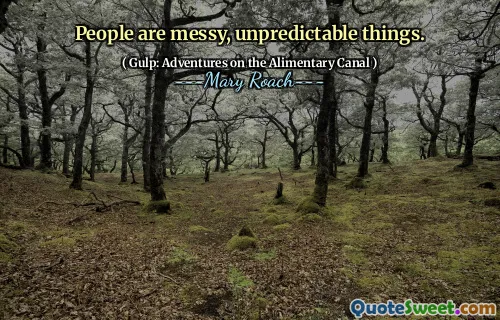Alexis St. Martin. In the early 1800s, St. Martin worked as a trapper for the American Fur Company in what is now Michigan. At age eighteen, he was accidently shot in the side. The wound healed as an open fistulated passage, the hole in his stomach fusing with the overlying holes in the muscles and skin. St. Martin's surgeon, William Beaumont, recognized the value of the unusual aperture as a literal window into the actions of the human stomach and its mysterious juices, about which, up until that point, nothing much was known.
In the early 1800s, Alexis St. Martin was a trapper with the American Fur Company in Michigan. After suffering an accidental gunshot wound to his side at the age of eighteen, he developed a unique condition where an open passage formed in his stomach. This unusual injury allowed a direct insight into the workings of his digestive system, which had been largely unstudied at the time.
William Beaumont, the surgeon who treated St. Martin, saw the opportunity to observe the human stomach's functions through this opening. St. Martin’s condition became invaluable for research, leading to significant discoveries about the digestive process. His case offered a rare glimpse into the previously mysterious gastric workings, as documented in Mary Roach's book "Gulp: Adventures on the Alimentary Canal."






